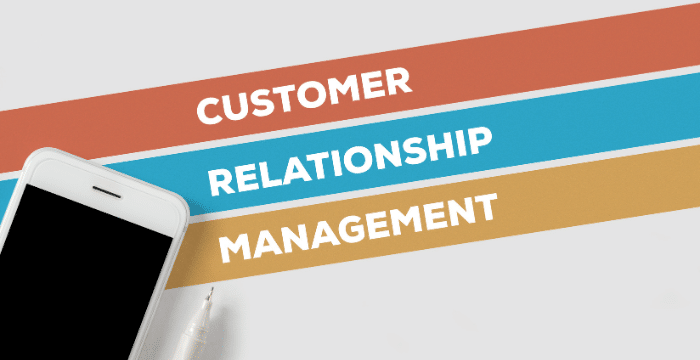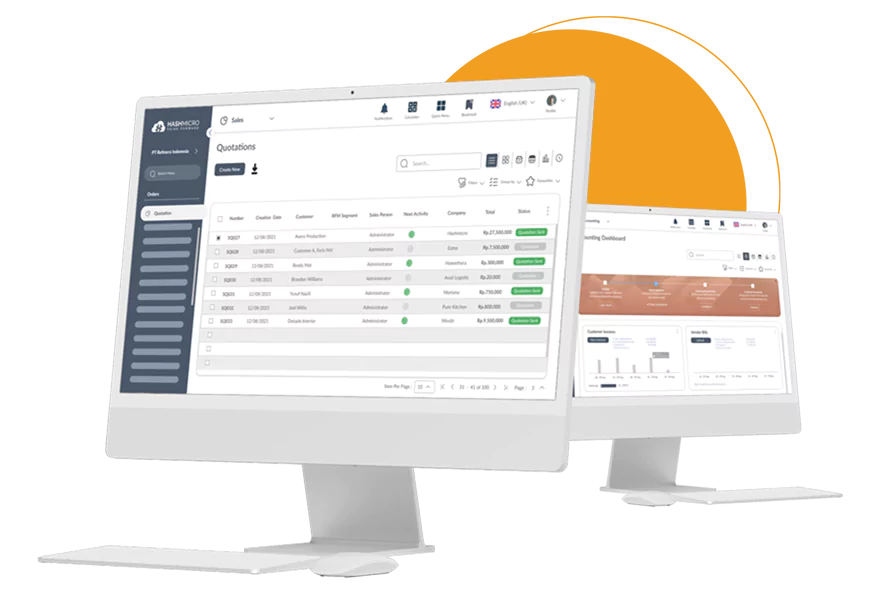In the fast-paced world of software development, I strive to deliver innovative solutions and high-quality products to my clients. As my company grows, I often face challenges in managing complex operations like project planning, resource allocation, and client relationships.
To overcome these obstacles, I need a robust solution that can streamline all business processes effectively. This is where Enterprise Resource Planning (ERP) becomes the ultimate tool, serving as a centralized system to manage end-to-end operations.
By implementing ERP, I can optimize project planning, allocate resources efficiently, and ensure timely delivery. If you’re curious about how ERP can transform your software development company, don’t hesitate to try a free demo and experience the benefits firsthand.
Key Takeaways
|
What is ERP for Software Development Company?

Enterprise Resource Planning (ERP) is a comprehensive software solution that I use to streamline and integrate various business processes within my software development company.
At its core, ERP acts as a robust framework that unifies diverse functionalities into a single platform. From project initiation to final delivery, it helps me ensure seamless coordination across teams, effective communication, and real-time visibility into project progress.
With ERP, I can drive sustainable growth by allocating tasks efficiently, tracking time and effort, and maintaining a clear overview of available resources. This ultimately improves productivity and resource utilization.
ERP also empowers me to analyze and interpret key performance metrics, supporting data-driven decisions and continuous improvement. By gaining real-time visibility into project progress and proactively managing risks, I can enhance project delivery and boost client satisfaction.
The Benefits of Implementing ERP for Software Development Company
The implementation of Enterprise Resource Planning (ERP) in my software development company brings significant advantages that enhance operations, production, and even sales.
By fully understanding the benefits of ERP, I can optimize my business processes and unlock the true potential of my company. Here are the key benefits I experience from ERP tailored to the software development industry:
1. Functionally customizable
ERP software is highly adaptable and customizable to meet my company’s specific needs and requirements. This flexibility lets me adjust the system to fit my workflows, processes, and industry standards, ensuring maximum efficiency.
I can configure project templates, milestones, and tasks within the ERP system to align with my preferred project management methodologies and development lifecycles. This gives me complete control over how I plan and execute projects.
2. Strong security

In today’s digital era, keeping sensitive company and client information safe is critical. ERP provides robust security protocols that protect my data and prevent unauthorized access.
By consolidating all information in one system, I reduce data fragmentation and strengthen security within the software for company. With role-based permissions, I can ensure only authorized team members have access to sensitive data, minimizing insider threats.
The built-in monitoring tools also allow me to track user activity, detect suspicious behavior, and generate audit logs for compliance. Regular audits and vulnerability checks within the system help me maintain strong data protection.
3. Cost-effective integration
ERP integrates seamlessly with banking systems and financial institutions, automating payments, invoices, and reconciliations. This gives me real-time insights into cash flow and expenses while simplifying financial management.
I can also integrate modules like project management, CRM, resource allocation, and time tracking into one system. This eliminates the need for multiple standalone tools, saving money on software licenses, training, and maintenance.
4. Excellent dashboard
With ERP, I access all key performance indicators (KPIs), project updates, and financial metrics from a single dashboard. The real-time, user-friendly display helps me quickly understand my company’s current state.
I can customize widgets, charts, and graphs to highlight the metrics that matter most for my goals. By consolidating data into one view, I improve collaboration across teams and speed up decision-making.
5. Higher ROI

ERP is scalable, meaning it grows with my company as I take on more projects, resources, and clients. I don’t have to worry about costly replacements because the system adapts to my expansion needs.
This scalability enables me to seize new opportunities, expand into markets, and achieve higher ROI over time. By optimizing processes, using resources efficiently, and strengthening financial management, I can increase profitability and long-term success.
Modules of ERP for Software Development Company
ERP software provides a wide range of modules that I can customize to fit my company’s needs. With my unique business model and preferences, I can leverage specific modules to optimize operations and drive better outcomes. Here are the essential ERP modules that bring the most value to my software development company:
1. Project Management
Software development projects are complex and demand careful planning, resource allocation, and milestone tracking. With the project management module, I can efficiently manage and monitor every stage of my projects.
It allows me to create templates, task lists, and dependencies, ensuring consistency in project execution. I can also assign resources based on availability, skills, and workload, helping my team stay productive and deliver high-quality solutions on time.
2. Customer Relationship Management

Building and maintaining strong client relationships is critical for my business. With the Customer Relationship Management (CRM) module, I can store and manage all client data in one place.
This helps me understand clients better, personalize interactions, and deliver solutions tailored to their needs. From lead generation to post-project support, the CRM module supports the full customer lifecycle while giving me insights to prioritize leads and manage my sales pipeline more effectively.
3. Purchase Management
My company relies on various resources such as hardware, software tools, and specialized equipment. The purchase management module gives me a centralized system to handle everything from requisitions and supplier selection to purchase orders and payments.
It provides real-time visibility into inventory, vendor pricing, and purchase history. With this information, I can negotiate better terms, control procurement costs, and make smarter purchasing decisions.
4. Accounting and Finance Management

Managing finances is much easier with ERP’s accounting and finance management module. It automates processes like invoicing, accounts receivable, accounts payable, and general ledger, which minimizes errors and saves time.
I can also track project-specific finances by integrating this module with project management. This ensures accurate cost allocation, better budget control, and improved profitability. Plus, I can set financial targets, forecast revenue, and monitor performance against budgets to keep my company on track.
5. Marketing Sales Management
Competing in the software industry requires strong marketing and sales strategies. With this module, I can plan, execute, and track campaigns while managing lead generation and audience segmentation.
It also streamlines my sales pipeline, allowing me to capture leads, track opportunities, and manage the sales cycle effectively. This helps me boost conversion rates and grow my client base more efficiently.
Best ERP for Software Development Company: HashMicro

There are many ERP providers out there, each offering different features and benefits for software development companies. After exploring the best ERP software options, I find that HashMicro stands out as the best choice because it delivers a comprehensive ERP solution powered by advanced technology.
HashMicro ERP Software fits my company’s specific needs by optimizing operations across departments. Its user-friendly interface makes it easy for me and my team to fully utilize its functionalities, and the unlimited user access means I don’t have to worry about extra costs when adding more people.
I also appreciate its bank integration, which simplifies financial transactions and increases efficiency. On top of that, HashMicro provides professional consultation and a free demo, allowing me to test the system and customize it to my company’s requirements before full implementation.
Conclusion
ERP is an essential solution that helps me streamline operations and optimize business processes in my software development company. By adopting it, I can improve efficiency, enhance collaboration, and support long-term growth.
Choosing the right ERP provider is crucial, and I trust HashMicro because it offers a customizable and scalable system. With its features, I can adapt the software to my company’s needs while ensuring higher ROI.
What makes it even better is that HashMicro provides access to a PSG Grant with up to a 50% discount. I also get the chance to explore the system through a free demo, helping me understand its full potential before implementation.

Frequently Asked Questions About ERP for Software Development Company
-
What does ERP mean in software development?
ERP, or enterprise resource planning, is a software solution that combines essential tools and processes to manage a company’s operations, including HR, finance, accounting, supply chain, manufacturing, and more.
-
Are ERP systems the same as CRM?
No, they serve different purposes. CRM focuses on front-office activities like sales, marketing, and customer service, while ERP handles back-office functions such as finance, HR, and overall operations.
-
Is ERP suitable for small businesses?
Yes, ERP is beneficial for companies of all sizes. Although originally built for large enterprises, modern ERP systems deliver valuable advantages for small businesses as well.

































